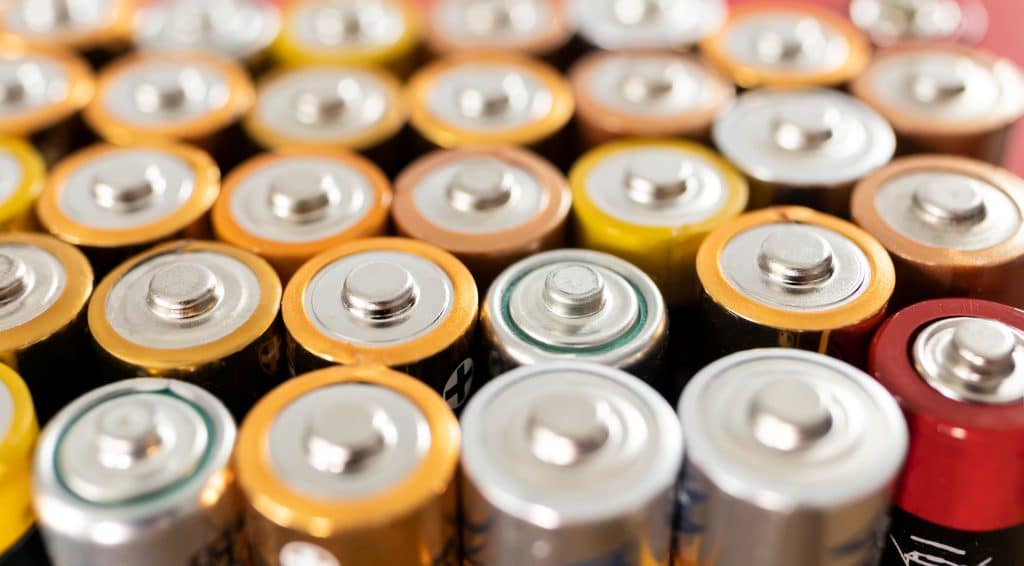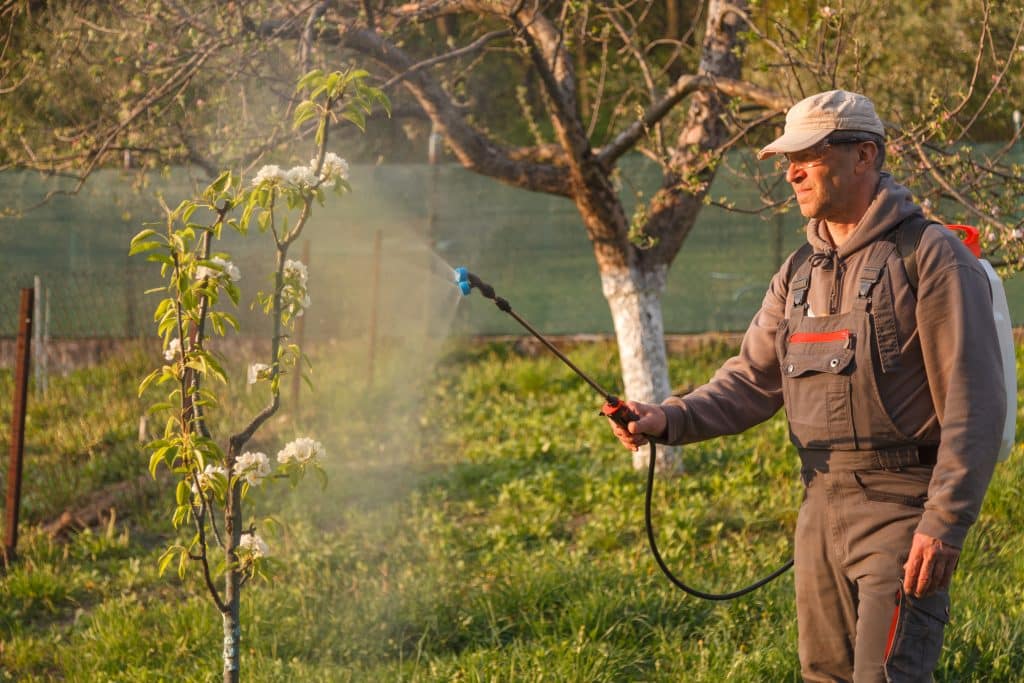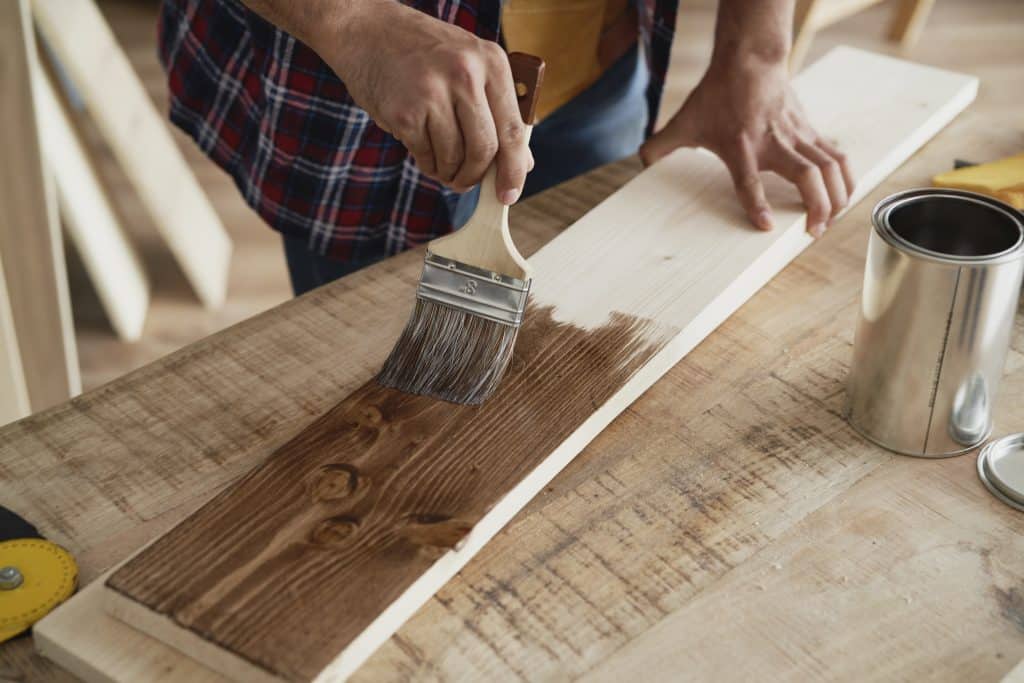It can be challenging to know how to dispose of household chemicals safely. Many people don’t know what to do with them and end up putting them in the trash or pouring them down the drain, which can be dangerous for you and the environment. This article will discuss some common household chemicals and how to dispose of them safely.
Contents
Why You Need To Dispose Of Household Chemicals Properly

Many people don’t realize how dangerous household chemicals can be. They might think that they must be safe because they’re using them in their own homes. But the truth is household chemicals can harm your health and the environment if they’re not disposed of properly. When you pour them down the drain or throw them in the trash, they can contaminate our water supply and soil. They can also release harmful fumes into the air and cause respiratory problems. That’s why it’s so important to dispose of household chemicals carefully.
The best way to do this is to take them to a hazardous waste facility or a recycling center. These facilities are equipped to deal with these materials safely and will ensure they don’t end up in our landfills or waterways. So next time you have any leftover paint or cleaning products, be sure to dispose of them properly. It’s the best way to protect yourself and the planet.
Safely Dispose Of These Household Chemicals
It’s no secret that many household chemicals can be dangerous if not disposed of properly. Here are some common items and how to get rid of them:
Cleaning Supplies

Every year, millions of pounds of household chemicals are improperly disposed down the drain, in the trash, or on the ground. These chemicals can pollute our waterways, contaminate our soil, and endanger our health. When disposing of household chemicals, it is essential to follow proper safety protocols. You should return unused or leftover chemicals to the manufacturer for proper disposal.
However, many manufacturers will not accept returned chemicals, so it is important to know how to dispose of them safely. For example, cleaning products such as bleach, oven cleaner, and Drain-O should never be mixed with other household cleaners or poured down the drain. Instead, you should take these products to a special household chemical collection center. By following proper safety procedures, we can protect ourselves and our environment from the hazards of household chemicals.
Medication

You might not realize it, but those old bottles of medication in your medicine cabinet can seriously harm your family’s health. When medication is no longer needed, it’s essential to dispose of it properly to avoid contamination and accidental poisoning. The best way to do this is to take advantage of a medication take-back program.
Many pharmacies and law enforcement agencies offer these programs, which allow you to safely and securely dispose of unwanted medication, which is the safest option, ensuring that the medication will be disposed of correctly. However, suppose a take-back program is not available. In that case, you can also dispose of medication by flushing it down the toilet or mixing it with coffee grounds or kitty litter before throwing it in the trash. Whatever method you choose, follow the instructions on the label to ensure your family stays safe and healthy.
Batteries

Most people don’t think much about the batteries that power their smoke alarms, remote controls, and other devices. However, batteries are a significant source of environmental pollution. The average American household uses about 30 batteries annually, most of which end up in landfills. Batteries contain many toxic chemicals, including lead and mercury, which can leach into the ground and contaminate groundwater. In addition, the incineration of batteries releases harmful pollutants into the air.
Safe disposal of batteries is essential to protecting the environment. Recycling your used batteries can help keep harmful toxins out of the environment. Many communities have battery recycling programs, and many retailers also offer recycling services.
Garden Chemicals

Garden chemicals can be extremely useful for keeping your plants healthy and pest-free. However, many of these products contain harmful ingredients that can be dangerous if not used correctly. That’s why it’s essential to know how to dispose of garden chemicals safely. The first step is to read the label carefully and follow the manufacturer’s instructions. When you’re finished using the product, dispose of it in a sealed container, such as a plastic jug or sealed bag.
You should also avoid disposing of garden chemicals in storm drains or on the ground, as this can contaminate groundwater and harm wildlife. Instead, take them to a local hazardous waste facility for safe disposal. These simple steps can help keep your family and your community safe from harmful garden chemicals.
Automotive Chemicals

A variety of household chemicals need to be disposed of safely. One type of household chemical is automotive chemicals. These include oil, antifreeze, brake fluid, and transmission fluid. Disposing of automotive chemicals properly is essential because they can be hazardous to the environment.
Many communities have special collection days for these types of chemicals. Another option is to take them to a local recycling center that accepts these materials. Some auto parts stores also offer recycling services for these types of fluids. You can help protect the environment from potential harm by disposing of automotive chemicals properly.
Paint or Wood Stain

Like most people, you probably have a few cans of paint or wood stain sitting in your basement or garage. And while it’s tempting to leave them there until you need them again, that’s not the best idea. Most household paints and stains contain harmful chemicals that can be released into the environment if not properly disposed of. That’s why it’s essential to know how to safely dispose of paint or wood stains.
You first need to check the labels on your cans of paint or wood stain. If they say “zero VOC” or “low VOC,” they don’t contain harmful chemicals and can be disposed of in your regular trash. However, if the labels say “high VOC” or don’t say anything about VOCs, the products contain harmful chemicals and need to be disposed of as hazardous waste.
If you’re not sure how to dispose of hazardous waste, your local hardware store or municipal waste management agency should be able to help you. They’ll usually have a special “hazardous waste” section where you can drop off your unwanted paint or wood stain. So next time you clean your basement or garage, dispose of your old paint and wood stain properly. It’s the best way to protect yourself and the environment.
Household Chemicals You Need to Dispose Of Safely
In all, many types of chemicals should not be disposed of in the regular trash. These include cleaning supplies, automotive fluids, garden chemicals, oil-based paints and stains, and batteries. These items can be recycled or disposed of at a local hazardous waste facility. These simple steps can help keep your family and your community safe from harmful chemicals.



